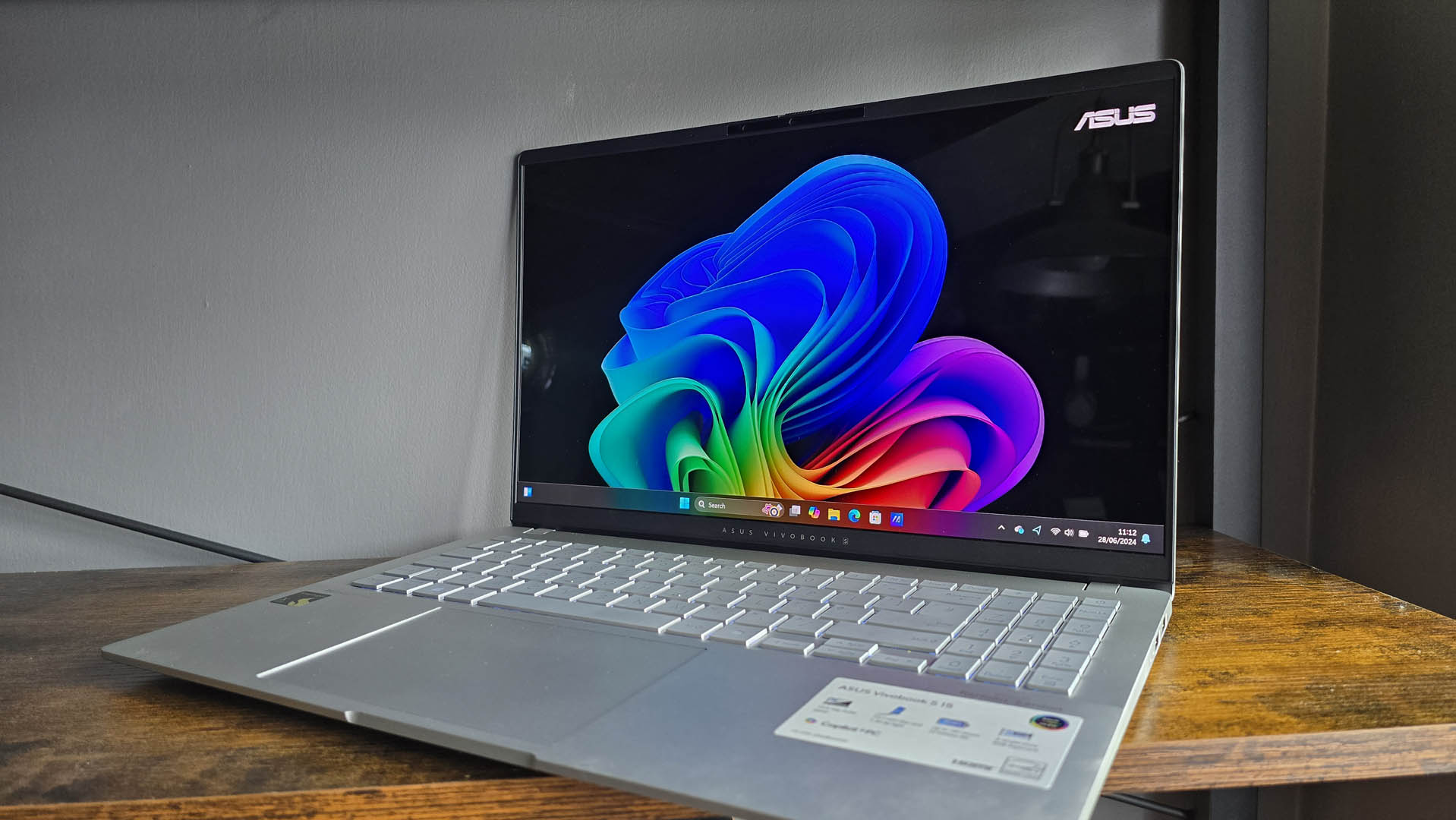Microsoft has admitted there are some shortcomings of Copilot+ PCs that run Arm processors – which are the only type of those devices to have gone on sale so far – and outlined these weak points.
Of course, there are strengths with the Copilot+ PCs that run with new Snapdragon X (Arm) CPUs, and we’ll come back to that, in the interests of balance. But let’s go over Microsoft’s clutch of admissions first, of which there’s a list of five ‘limitations’ of a Windows 11 Arm-based PC provided in a support FAQ (noticed by Windows Latest).
First off, Microsoft points out that: “Drivers for hardware, games, and apps will only work if they’re designed for a Windows 11 Arm-based PC.”
This is a thorny one as it has a knock-on effect elsewhere. Obviously, this means that you can’t use peripherals or hardware that haven’t had Arm drivers released (unless the device already has support built into Windows 11, that is).
However, it also leads to drawback number two, which is that “certain games won’t work,” and one prominent reason for this is if they have anti-cheat drivers that haven’t been coded for Arm-based PCs. (These kinds of anti-cheat countermeasures are popular in competitive online games for obvious reasons).
A further downside Microsoft highlights is that some antivirus apps don’t work, and again, this is often wrapped up in driver issues. So, three of the negative points come back to driver support (or at least they potentially do).
Moving to the fourth shortcoming on Microsoft’s list, this is: “Apps that customize the Windows experience might have problems. This includes some input method editors (IMEs), assistive technologies, and cloud storage apps.”
Finally, Microsoft notes that Windows Fax and Scan is not available on Windows 11 Arm-based machines, which is obviously much more of a niche pitfall.

Analysis: Strong suits too, including battery longevity in spades
So, in short, the main drawbacks of Arm-powered Copilot+ devices can be summarized as follows: you may get wonkiness with some apps, and some games won’t work, and neither will some devices (due to driver problems – which may also affect some of the aforementioned games, and indeed antivirus apps).
It’s good to see Microsoft being upfront about these issues, and the company has covered what we’d consider to be all the main bases in terms of major drawbacks with Windows on Arm as it stands these days.
As we mentioned before, in the interests of balance, Microsoft also details the strengths of Arm-based Copilot+ PCs, which include battery life in spades, and instant-on functionality (triggering the device to come to life like a smartphone, with no waiting to speak of).
What’s also important to underline is that Microsoft has made some big strides with Windows on Arm, and compatibility is much improved now, as is the ability to emulate games and run even the likes of Baldur’s Gate 3 at a palatable frame rate for a non-gaming laptop. This is pretty remarkable, actually, and we’ve been impressed by the Copilot+ PCs we’ve had in for evaluation so far.
We’ve found that Microsoft’s battery life boasts are indeed valid, and we’ve been impressed with the performance of the new Surface Laptop. Furthermore, the Surface Pro 11 got near-top-marks in our review, where we call the device a laptop that Apple should be worrying about.
So, you do need to be aware of what you’re getting yourself into with Windows 11 on Arm, but these early Copilot+ PCs are definitely impressive in many respects.
However, those who remain on the fence can always wait for a more traditional Copilot+ PC on standard Windows 11 with an AMD or Intel (x86) mobile processor, when those respective next-gen efforts (with a powerful enough NPU) emerge. In the case of AMD, you won’t be waiting long – laptops with Ryzen AI 300 CPUs are expected to arrive later in July. Intel’s Lunar Lake processors are further out, mind, but still expected to debut later in 2024.

